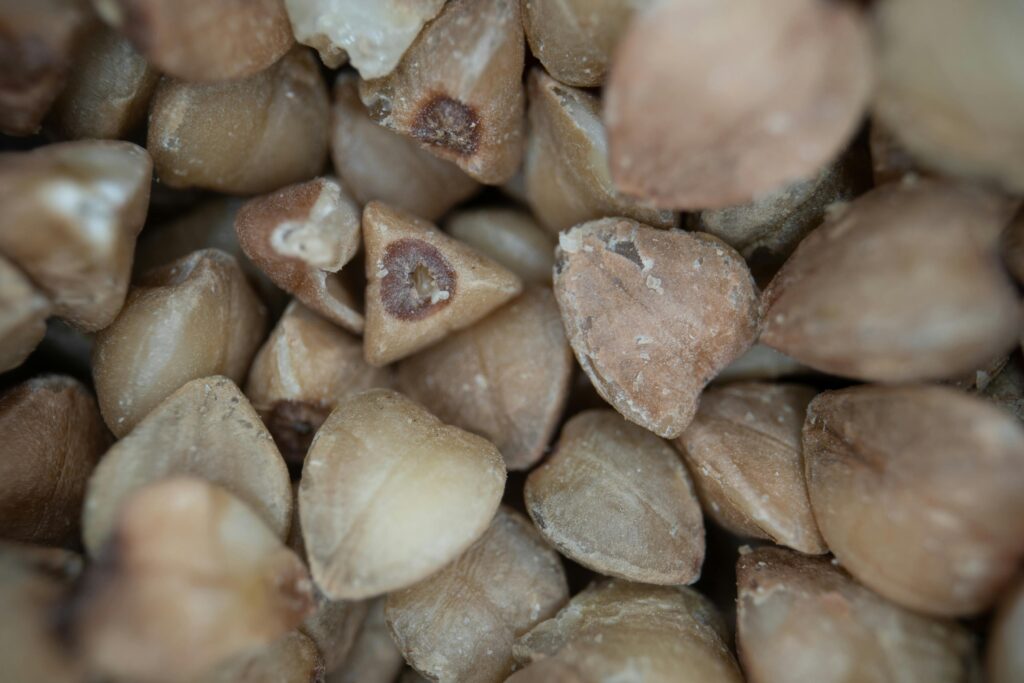shih tzu puppy health problems: What Every Pet Parent Should Know
Bringing home a Shih Tzu puppy is like inviting a fluffy bundle of love into your life. With their big round eyes, affectionate nature, and signature underbite smile, Shih Tzus are irresistible companions. But like any breed, these little pups come with their own set of health concerns. Understanding potential shih tzu puppy health problems can help you provide better care and catch issues before they become serious.
1. Brachycephalic Syndrome: A Breathing Challenge
One of the most common health problems in Shih Tzu puppies stems from their flat faces—a trait that gives them their adorable appearance but also causes respiratory issues. Brachycephalic Obstructive Airway Syndrome (BOAS) can lead to snoring, noisy breathing, and exercise intolerance.
Tip: Keep your Shih Tzu cool in hot weather, avoid over-exertion, and consider a harness instead of a collar to reduce airway pressure.
2. Eye Issues: Big Eyes, Big Responsibility
Those large, soulful eyes are a Shih Tzu trademark, but they’re also prone to infections, ulcers, and dryness. Entropion (when the eyelids roll inward) and progressive retinal atrophy (PRA) are conditions to watch for.
Tip: Clean their eyes regularly with a damp cloth, and schedule routine vet check-ups to spot problems early.
3. Dental Dilemmas: Small Mouth, Big Problems
Shih Tzus often suffer from dental overcrowding, leading to tartar buildup, gum disease, and tooth loss. Since dental issues can also affect the heart and kidneys, it’s not just about fresh breath—it’s about overall health.
Tip: Brush your puppy’s teeth regularly and provide vet-approved dental chews.

4. Hypoglycemia: A Hidden Danger in Puppies
Young Shih Tzu puppies, especially those under three months old, are prone to low blood sugar (hypoglycemia). Symptoms include lethargy, tremors, and even seizures.
Tip: Feed small meals frequently, and always have a vet-approved glucose supplement on hand during the early weeks.
5. Skin Sensitivities: Soft Fur, Sensitive Skin
All that silky fur covers sensitive skin that can be prone to allergies, hot spots, and fungal infections. Consistent grooming helps maintain both the shine of their coat and the health of their skin.
Tip: Use hypoallergenic shampoos, keep your pup dry and clean, and consult your vet if you notice excessive scratching or redness.
6. Patellar Luxation: Wobbly Knees
This orthopedic condition, where the kneecap slips out of place, is quite common in small breeds like Shih Tzus. It can cause limping or a skipping gait.
Tip: Maintain a healthy weight for your pup, and ask your vet about supplements to support joint health.
Final Thoughts
While Shih Tzu puppy health problems can be concerning, knowledge is power. With early detection, a healthy lifestyle, and lots of love, your Shih Tzu can live a long, joyful life by your side. Regular vet visits, proper grooming, and a balanced diet will go a long way in keeping your little lion dog thriving.
So, cuddle up with your pup, enjoy those zoomies, and don’t let a few health quirks scare you off—Shih Tzus are worth every ounce of care.




